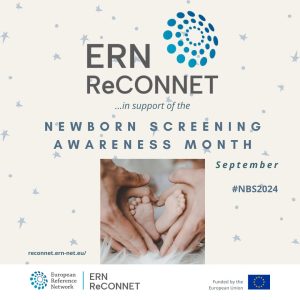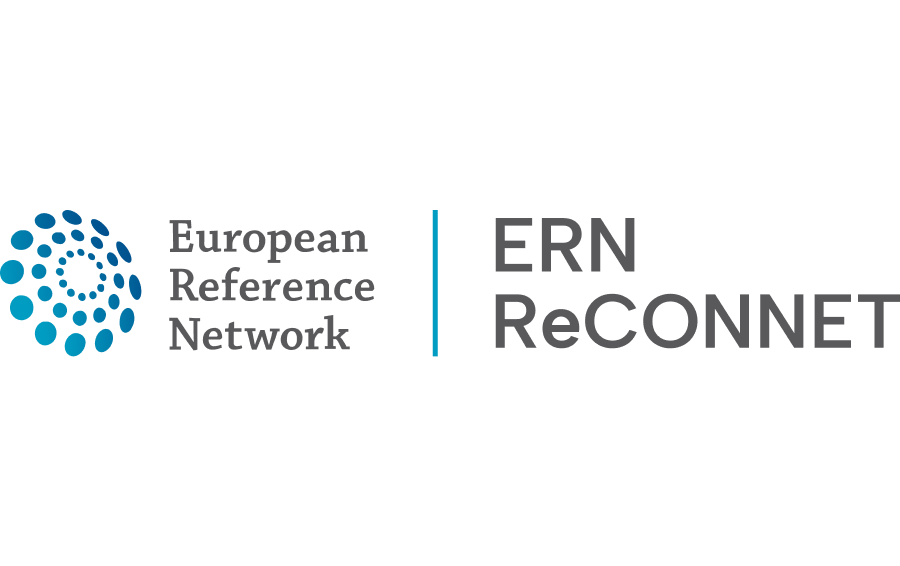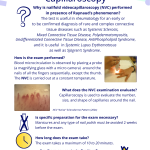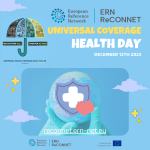Newborn Screening (NBS) Awareness Month
 In the US, during 1950s-1960s Dr. Robert Guthrie developed a paper blood spot card test as a new assay to screen newborns for phenylketonuria, PKU: The Newborn Screening (NBS) test was born.
In the US, during 1950s-1960s Dr. Robert Guthrie developed a paper blood spot card test as a new assay to screen newborns for phenylketonuria, PKU: The Newborn Screening (NBS) test was born.
His pioneer work defined the beginning of the NBS programs that led to early diagnosis of children with genetic conditions (like PKU, a rare inherited metabolic disorder that causes a change in the phenylalanine hydroxylase, PAH, gene) in order to improve their quality of life and to provide them a proper healthcare support.
The project was a success and in the upcoming decades many steps were taken to improve this original test in order to help as many children as possible.
Today, the NBS is a crucial approach for people with rare diseases and their families (around 70% of rare diseases have a childhood onset); in particular, in different European Countries there are several NBS programs aimed at screening a number of conditions, from the 49 screened in Italy to Germany with 17 by example. The NBS is an articulated procedure that involved the test up to the samples storage for future purposes.
The research is moving forward fast, just think about the genetics technological advancements done in the latest years that is leading to an constant increase in the number of diseases that can be detected and potentially added to the panel in the upcoming future.
EURORDIS and other patient organizations are working to improve the NBS across all the European Countries in collaboration with national governments.
As ERN ReCONNET, we believe that research is hope, let’s support science all together across all the disciplines for the benefit of humanity.







